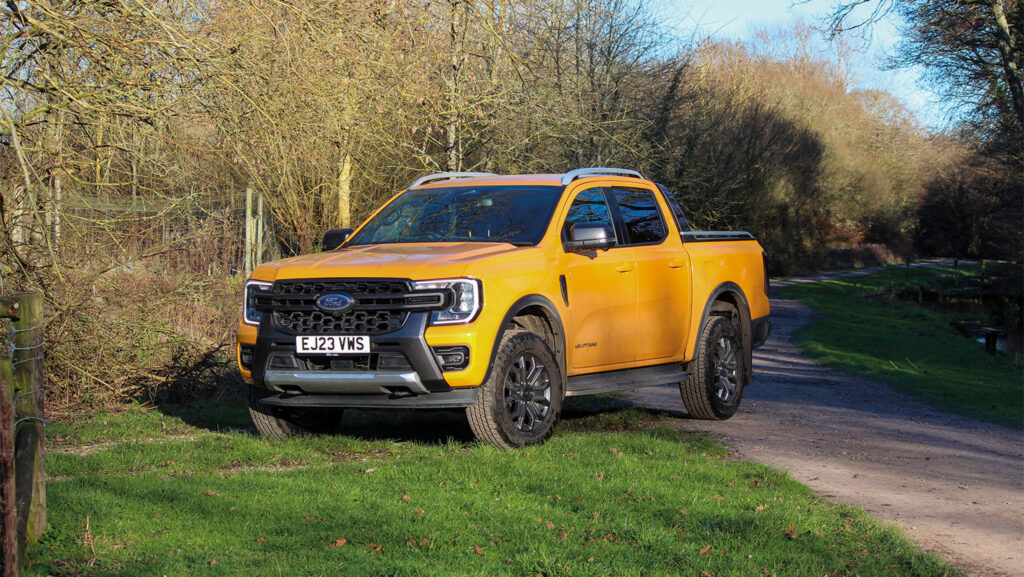Double cab pickups get higher tax, lower capital allowance
 © MAG/Oliver Mark
© MAG/Oliver Mark Double cab pickups (DCPUs) bought from 6 April 2025 will be classified as cars for tax purposes, bringing far higher benefit-in-kind charges than their current van status qualifies them for, and delayed capital allowances.
This was announced in yesterday’s Budget and affects vehicles with a payload of one tonne or more.
The change applies from 1 April 2025 for those trading as a company, and 6 April 2025 for sole traders and partnerships.
See also: Advice on averaging farm profit to smooth out tax bills
Benefit in kind
Cars are taxed from a benefit-in-kind (BIK) perspective according to their carbon dioxide emissions, while vans and other light commercial vehicles are charged at a flat rate.
Where a van is used solely for work purposes, then it is treated by HMRC as offering no BIK, even if there is very minor private use.
The BIK charge for light commercial vehicles treated as vans is £3,960 for the current tax year (2024-25).
This is multiplied by the rate of income tax paid by the employee, so a 20% taxpayer would pay £792 tax on this basis.
The Budget change puts a double-cab Ford Ranger 2.0-litre diesel with carbon dioxide emissions of 230g/km in the highest BIK tax bracket (37%).
This leads to a BIK charge of about £22,200/year and a tax bill of £4,400/year for a 20% taxpayer and £8,880/year for a 40% taxpayer.
Capital allowances
At accountant and business adviser Hazlewoods, tax director Peter Griffiths said the capital allowance impact of the change was significant.
“Currently, a double cab pickup potentially qualifies for a 100% tax allowance on acquisition (under the £1m annual investment allowance), meaning the full cost can be set off against the taxable income in the year of purchase,” said Mr Griffiths.
This applies for sole traders, partnerships, and companies. It is currently for both new and secondhand vehicles. Companies with new commercial vehicles also qualify under “full expensing rules” for a 100% allowance in the first year.
“Under the new regime announced in yesterday’s Budget, there will only be the option to write these vehicles down at 6% a year, so it will take much longer to obtain tax relief.”
Accountants are waiting for confirmation of VAT treatment of double cab pickups (DCPUs) under the new regime.
Transitional arrangements before April 2025
Transitional BIK arrangements will apply for employers that have purchased, leased, or ordered a DCPU before 6 April 2025, says the government.
This will allow them to use the previous tax treatment, until whichever of the following occurs first – disposal, lease expiry, or 5 April, or 5 April 2029.
Strong lobbying against the changes is expected.
